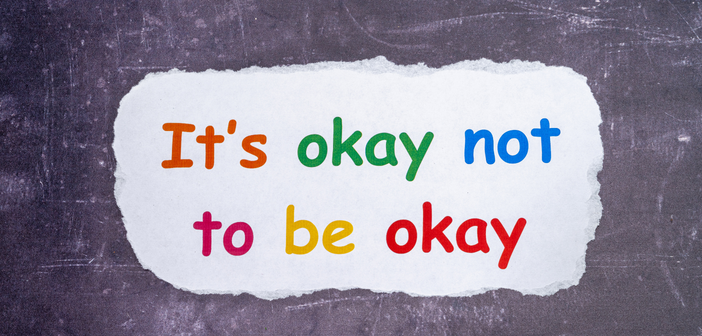Conflict is inevitable. It’s just one of those things. As imperfect people interact, disconnect occurs, and it’s up to us whether we allow that disconnect to transform itself into deep-rooted frustration, or even resentment.
Scripture is pretty clear about this topic. Colossians 10:5 tells us that we are to “take every thought captive to obey Christ.” Did you catch that? Every thought.
When we let our thoughts go unchecked, especially in the midst of conflict, frustration slips from our head to our heart, and starts to deeply root itself there. That’s when resentment can so easily occur towards our team, our family, our volunteers, and the list goes on.
So there’s one question I’ve learned to start asking when conflict occurs. And I hope it’s also helpful for you as you navigate daily personal interactions with others. Here it is:
What’s the story you are telling yourself about this person or situation?
There’s a lot packed into this simple question, and here’s why I value it so much:
-
It reminds you that your perceptions are not always accurate.
As leaders, we have opinions. And our opinions are always right. (Don’t miss the sarcasm there.)
Leaders, for a variety of reasons, can easily have opinions and perceptions that aren’t accurately placed. How do we prevent this? We talk to the person or the people involved. Take the time to address the situation rather than letting the “false story” you’re telling yourself lead to unnecessary frustration. And if your original perception was accurate, then you can address the situation accordingly.
-
It moves the blame off of the person or situation and onto yourself.
For example, instead of thinking, “They are so ridiculous. They never listen to anything I say,” your perception becomes, “I feel so frustrated. It seems to me like they aren’t listening to anything I say.”
This question moves the immediate problem off their shoulders and onto yours. After you have a conversation with them (where you are open to their feelings and perceptions), you might learn something new. Perhaps you haven’t been communicating clearly, they haven’t felt valued, or they have too much on their plate.
As a pastor, you have the large responsibility of guiding those within your church, even in the midst of conflict. And the example you set speaks much louder than the words you speak from the front on Sunday mornings.
So approach conflict with humility and grace. Ask questions and listen intently to the responses. And don’t let disconnect transform into deep-rooted frustration — it’s not worth it.
What’s the story you are telling yourself in the midst of conflict? What thoughts would you add to the conversation?







